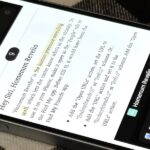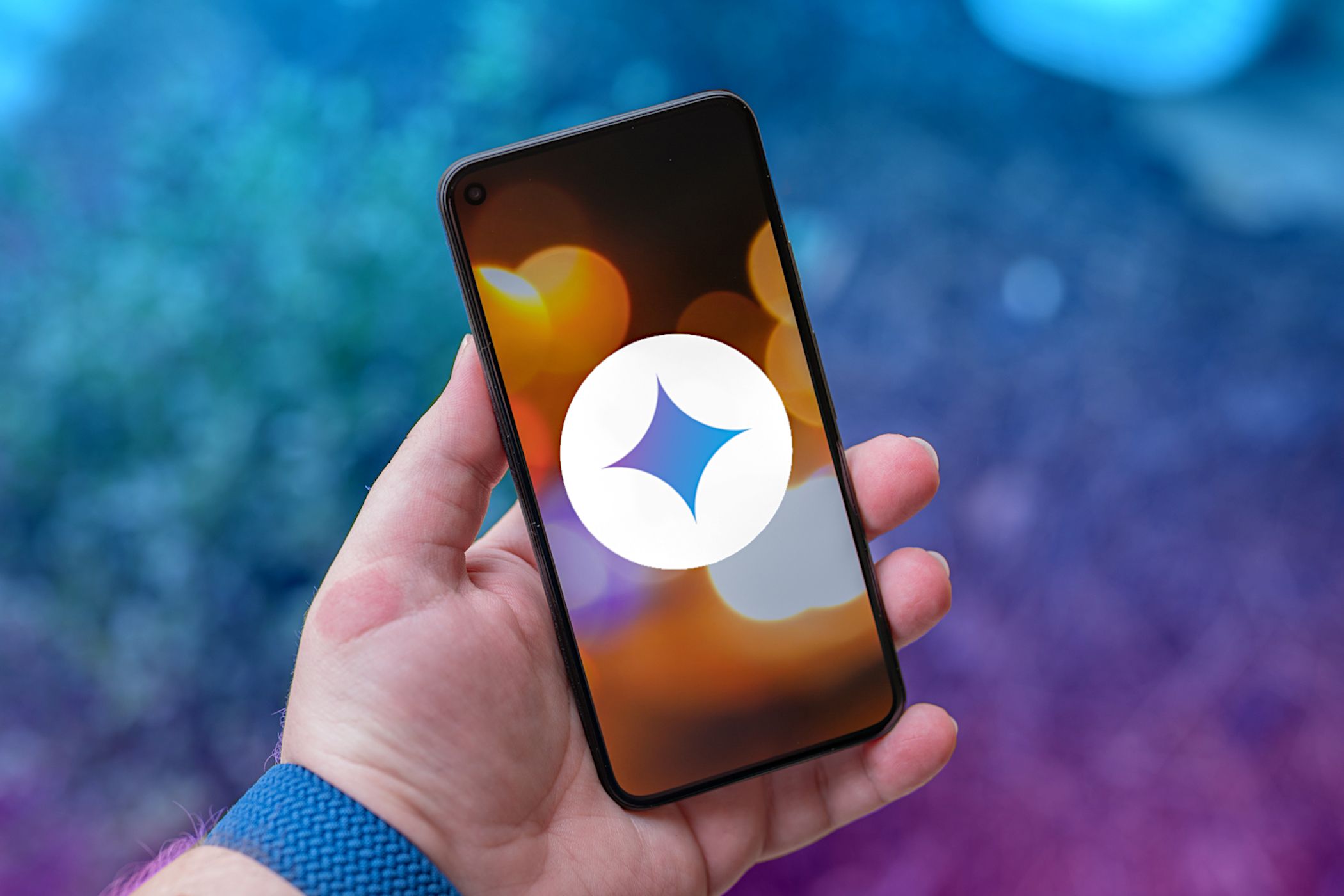Huawei is making a fresh attempt at launching into the US market to challenge Apple and Samsung’s monopoly on premium smartphones. In its latest attempt to break into America, Huawei is trying to get its Chinese mobile chipset accredited by AT&T.
The world’s third-largest smartphone maker, Huawei’s presence isn’t felt in the States at all, with no US carriers selling the company’s phones for their main services. Nevertheless, it’s worldwide reach is still a threat to Apple and Samsung, and chipset accreditation is vital to breaking into the US market.
Android smartphone makers primarily use Qualcomm’s chipsets, but Huawei uses a Kirin line of processors by Huawei subsidiary HiSilicon. Even if the Chinese chips pass the AT&T accreditation, deals would have to be made to distribute specific phones.

Sources told The Information that there was a possibility of a HiSilicon-powered Huawei phone in the US after discussions between Huawei and AT&T. But it doesn’t look like the former is about to give up on the American Dream anytime soon as evidenced by its latest moves.
Huawei collaborated with Google to manufacture one of the US company’s Nexus smartphones, and they also launched branded phones in the US via Best Buy and Amazon. Walmart also sell an AT&T prepaid service phone made by Huawei, which is cobranded.
However, the brand has had issues with regulation in the past after a 2012 congressional report raised concerns that Beijing was using gear to spy on the US, a claim Huawei denied. Then again, the Chinese company’s market share has increased from 7.8% (2015) to 9.8% last year. This closes the gap significantly with Apple’s 15% and Samsung’s 22% share.
Huawei bringing its global handsets (with its HiSilicon chipset) into the US carrier market is its most recent move after a string of semi-failed attempts, like the disappointing sales of the Honor 8 smartphone.

They are stuck between a rock and a hard place when it comes to US carriers. Verizon is too expensive due to its cellular standard, while T-Mobile is embroiled in a lengthy dispute with its Chinese competitor. Huawei also doesn’t have the advertising advantages afforded to American brands like Samsung, who spend significant amounts on generating publicity during the Super Bowl, for example.
There is also some competition a little closer to home, like ZTE—a Shenzhen-based company—which is the fourth largest smartphone vendor in America. ZTE uses inexpensive models to sell, not to mention its sponsorship deals with several National Basketball Association teams.
Against all odds, Huawei is positive and determined nonetheless.
If we want to ship millions of phones in the U.S., working with a carrier is the only way. Rome wasn’t built in a day.
Do you think Huawei should keep trying or accept defeat?
Hot Deal: Set up a secure second phone number and keep your real contact details hidden with a yearly subscription to Hushed Private Phone Line for Android/iOS, 83%–91% off. It’s a perfect second-line solution for making calls and sending texts related to work, dating, Craigslist sales, and other scenarios where you wouldn’t want to give out your primary phone number.
“Hey there, just a heads-up: We’re part of the Amazon affiliate program, so when you buy through links on our site, we may earn a small commission. But don’t worry, it doesn’t cost you anything extra and helps us keep the lights on. Thanks for your support!”










